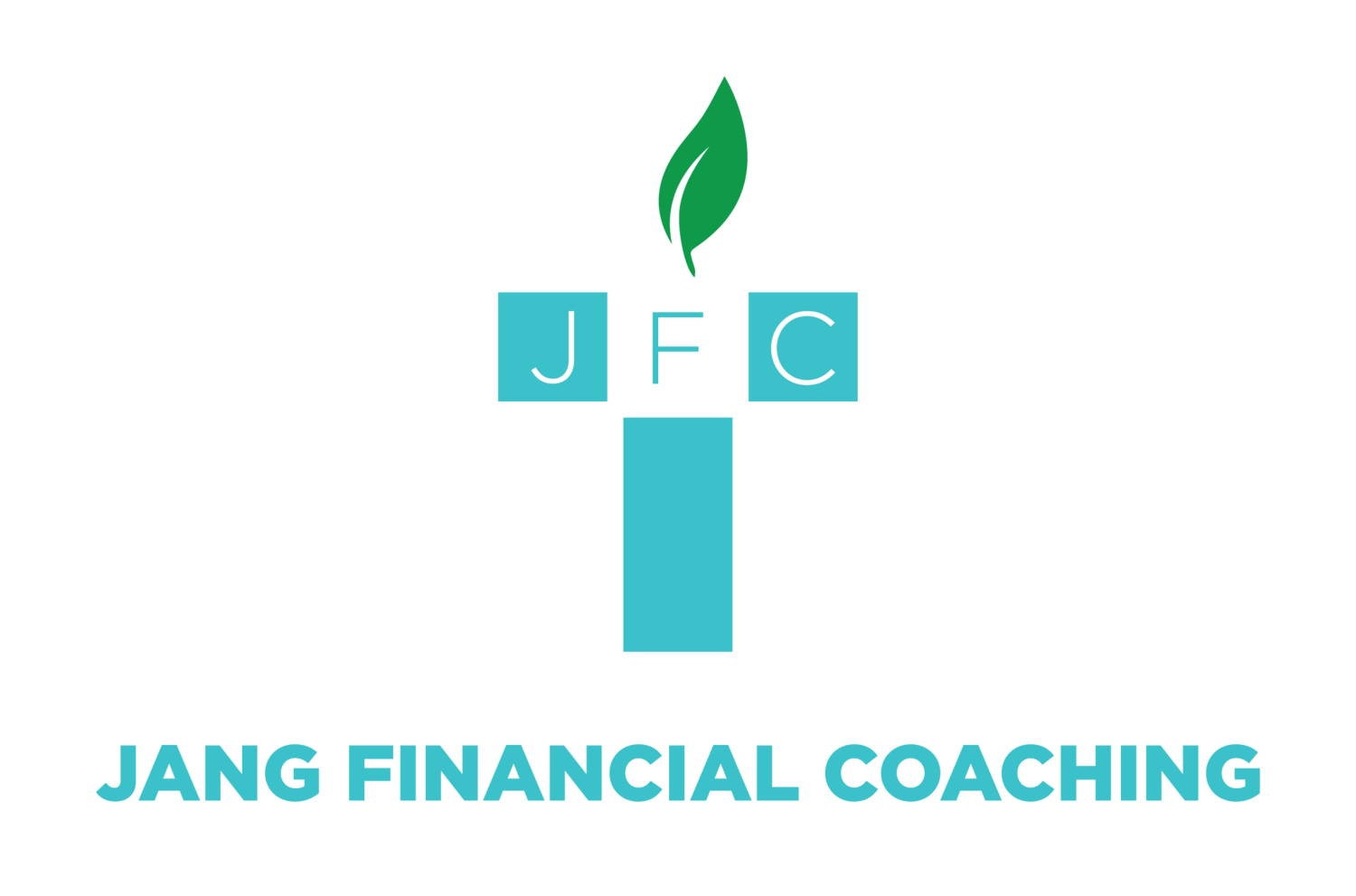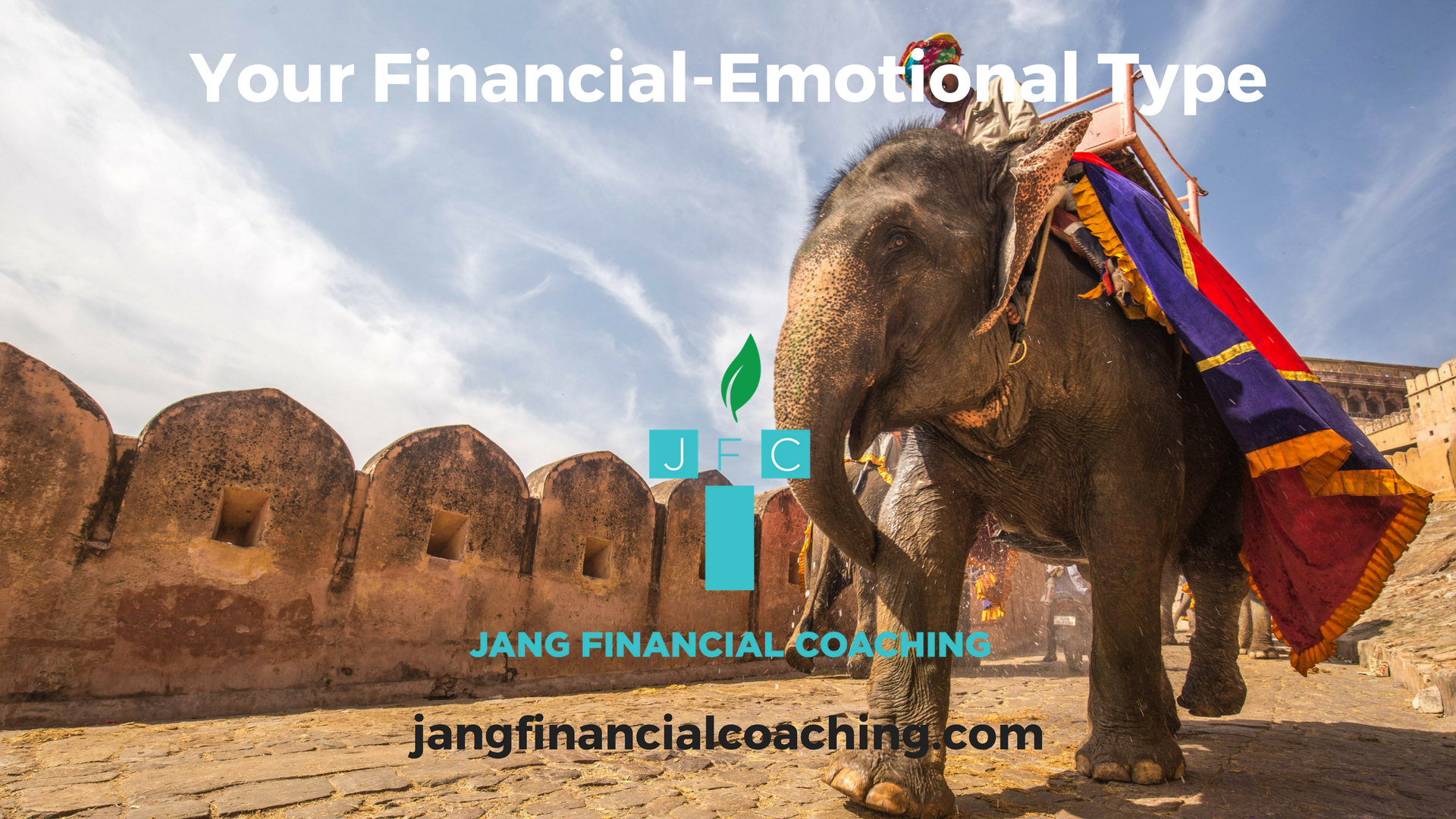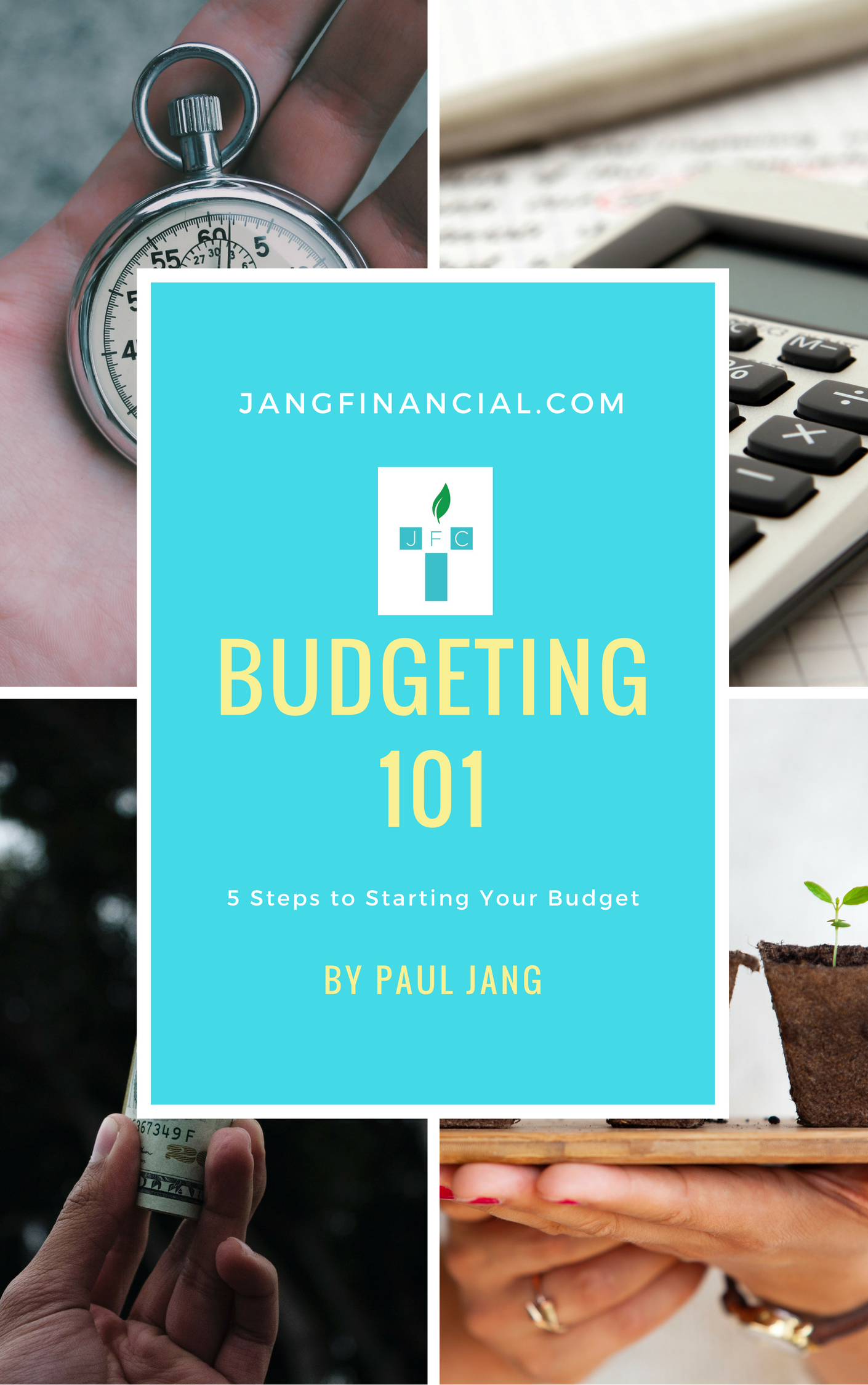What Is Your Financial-Emotional Elephant Type?
/Why Knowledge Is Not Enough
Sam has read a few good books on personal finances and just finished taking Financial Peace University. He knows what he is supposed to do. He knows he needs to spend less than he makes, establish a good working budget that reflects his God-given priorities and values.
He started well, and did well for a few months with his budget and began to really gain traction. But he knows that something isn’t quite right. He seems to get into a regular pattern of falling flat. It often happens when he had a really bad day at work, or when he had a fight with one of his family members.
When Sam gets stressed out, he goes online and shops. And he feels better for those hours as shopping comforts him.
For some of us, when we are stressed and don’t feel great about ourselves, feeling a bit insecure, we spend money to impress. We may shop at a certain store, or we may spend money on others.
Or if you are like me, a recovering security seeker, though you might appear financially healthy, you may really be seeking security in money and motivated by fear of not having enough.
The Elephant and the Rider
Jonathan Haidt in his book The Happiness Hypothesis introduces the Elephant and the Rider metaphor to help us understand the tension that exists within us, the tension between the rational thinking side of us that often clashes with the emotional side.
The elephant represents the emotional side that is usually instinctive feeding on pain or pleasure. The rider represents the rational side that thinks and analyzes the situation.
Many of us who have been educated in the West think that as long as we acquire the correct knowledge and information, we will and can change our lives for the better. We emphasize knowledge and learning yet when we are honest with ourselves, we find ourselves often sabotaging ourselves under duress. Bible calls this the effect of sin.
These are highly educated and knowledgeable people who have read books and taken classes, yet fail to really gain traction toward financial peace, independence, and generosity. Why is this?
Without getting overly philosophical about our human nature and the power dynamics between our thinking faculty and our emotional baggage, Haidt’s metaphor gives us a helpful category to consider when we just fall flat with our finances.
The rider. When the elephant is calm and conditions are ideal, the rider controls the elephant as desired. This is the rational faculty at its best. We need to think well and think deeply about how we are managing the finances God has entrusted us.
The elephant. However, when the elephant is scared, the rider loses any real control of the six-ton elephant that begins to act instinctively, often out of fear. As long as we ignore the elephant in our lives, be it financial, or any other important areas in our lives when we especially get hungry, angry, lonely or tired, the elephant inside us takes control instead of the rider.
Romans 12:2
After Apostle Paul spends the first 11 chapters in the Letter to the Romans teaching the fundamentals of the Gospel and what Jesus Christ has achieved through the cross, he goes on to practically apply the Christian truths by presenting our bodies as a living sacrifice to God. We are charged to not be conformed to this world, but be transformed by the renewal of our mind, that by testing we may discern what is the will of God, that which is good, acceptable and perfect.
Transformation, that is sanctification, happens in our lives as we allow the truth of the Gospel to be applied sharply into our personal lives. Not generally or in a dull way. Gospel of Jesus Christ speaks sharply and practically to our life’s unique circumstances.
The goal is toward living as a secure steward with a healthy biblical perspective of money, understanding that God is the owner and we are his managers and that we are to be generous profitable managers stewarding for his approval.
However, the reality of our human condition due to our unique (and not so unique) experiences in our family of origin is that many of us function as comfort spenders spending money to soothe our feelings of loss, disappointment, anxiety, fear, loneliness or other emotions. Others of us are self-worth spenders who spend to either reinforce or create an identity, often seeking to validate our sense of worth in possessions instead of what Christ has done on the cross. Others of us are simply careless spenders who immaturely prefer not to think about money, often buying things impulsively. And don’t forget security seekers who may have the appearance of having a healthy perspective on money because they are successful at managing their finances when in reality, they are struggling with a poverty mindset and often seeking security in money.
In the next few weeks, we will go a bit deeper, looking into each of these financial-emotional types. My hope is that as we become more aware of how we are financially-emotionally shaped by our family of origin, we experience the transformational power of the gospel in our lives. Yes, reigning the elephants in us for God’s glory, allowing Christ to be not just our Savior, but indeed our Lord.
Are you ready to get started? Contact me at paul@jangfinancial.com if you want to help disciple your congregation as God-honoring stewards from a biblical perspective, or if you yourself want to grow as a steward seeking to practically manage the finances better to hear from our Lord upon his return, “Well done, good and faithful servant. You have been faithful over a little; I will set you over much. Enter into the joy of your master.” (Matthew 25:21, 23)
Questions to Ponder:
1. How does the elephant-and-the-rider metaphor speak to the way you have been managing God’s treasurers as his steward?
2. Broadly speaking, which one of the following financial-emotional types do you identify with and why? And how is God speaking to you now? Secure steward, comfort spender, self-worth spender, careless spender, and security seeker.
Paul Jang
Pastor | Personal Financial Coach to Individuals & Financial Stewardship Ministry Consultant for Churches
*If you want to automatically receive these weekly blogs, sign up for a free budgeting e-book at www.jangfinancial.com.
**Want to check out other blog entries, check out www.jangfinancial.com/jang-financial-stewardship-blogs/



